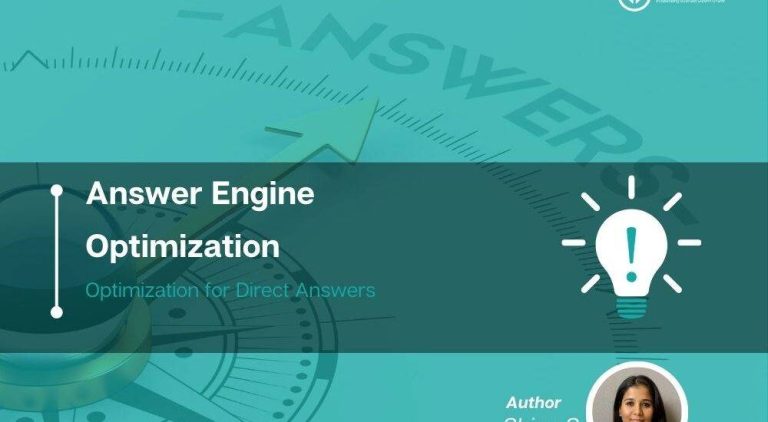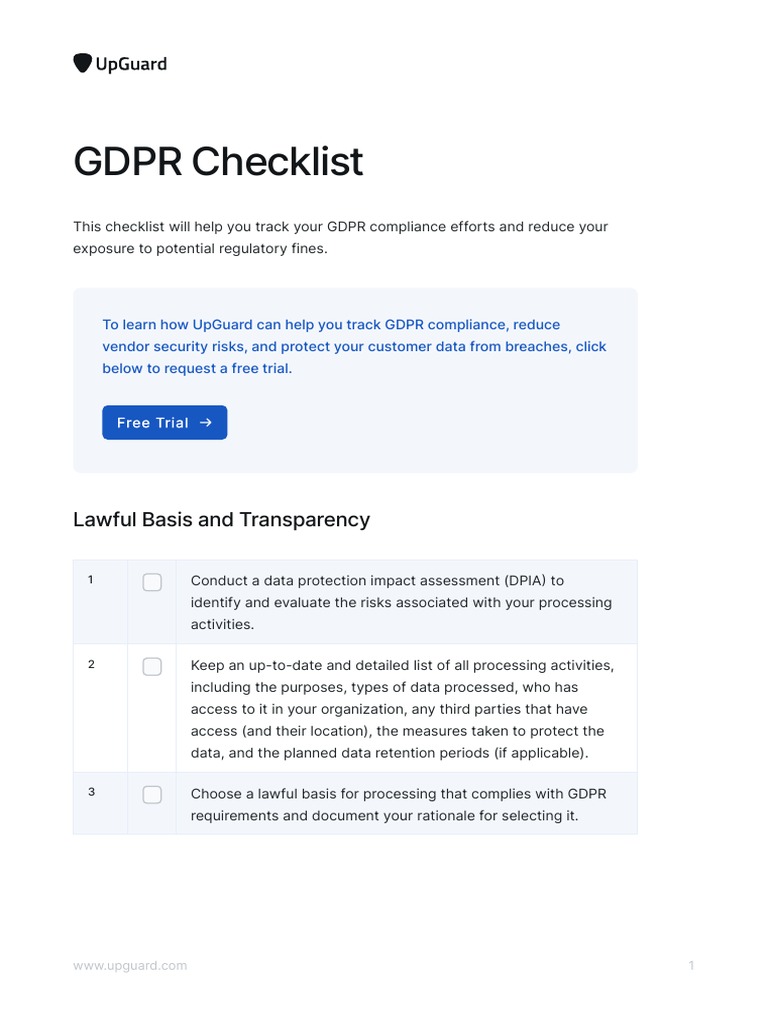
In the ever-evolving landscape of digital marketing, SEO has become a critical component for businesses aiming to boost visibility and drive organic traffic. However, as search engines increasingly rely on artificial intelligence (AI) to deliver results, ensuring the accuracy of these AI systems is more important than ever. Enter the AI Auditing Layer — a sophisticated mechanism designed to monitor and verify the accuracy of AI systems within SEO strategies. This article delves into the significance of this layer, its role in modern SEO, and how it can be effectively implemented.
What Is the AI Auditing Layer and Why It Matters
The AI Auditing Layer refers to a system or process that continuously evaluates the performance and accuracy of AI models used in SEO. It acts as a safeguard, ensuring that the AI-generated insights, recommendations, and predictions align with the intended goals and do not deviate due to data drift, bias, or other anomalies.
In the context of SEO, this layer is crucial because AI systems are often responsible for tasks such as keyword clustering, content optimization, and user intent analysis. If these systems are inaccurate, they can lead to suboptimal content strategies, poor user experiences, and ultimately, lower rankings. The AI Auditing Layer helps mitigate these risks by providing real-time feedback and enabling continuous improvement.
Moreover, as search algorithms become more complex, the need for transparency and accountability in AI-driven decisions grows. The AI Auditing Layer ensures that these decisions are not only accurate but also explainable, which is essential for maintaining trust with both users and search engines.
How the AI Auditing Layer Impacts SEO Performance
The impact of the AI Auditing Layer on SEO performance is multifaceted. Here’s how it influences various aspects of your SEO strategy:
-
Improved Content Quality: By verifying the accuracy of AI-generated content, the auditing layer ensures that your content remains relevant, high-quality, and aligned with user intent. This leads to better engagement metrics, such as dwell time and bounce rate, which are key signals for search engines.
-
Enhanced Keyword Strategy: AI systems often suggest keywords based on trends and user behavior. The auditing layer checks these suggestions against historical data and current market conditions, helping you avoid outdated or irrelevant keywords that could harm your rankings.
-
Reduced Bias and Errors: AI models can sometimes produce biased results, especially if the training data is skewed. The auditing layer identifies these biases and allows for adjustments, ensuring that your SEO strategy is fair and effective across all demographics.
-
Better User Experience: By monitoring the performance of AI-driven tools like chatbots or recommendation engines, the auditing layer ensures that these tools provide accurate and helpful responses, enhancing the overall user experience.
-
Compliance and Trust: As regulations around AI and data privacy continue to evolve, the AI Auditing Layer helps ensure that your SEO practices remain compliant. This builds trust with both users and search engines, which is vital for long-term success.
Step-by-Step Implementation Framework
Implementing an AI Auditing Layer requires a structured approach. Here’s a step-by-step framework to help you get started:
-
Define or Audit the Current Situation
Begin by assessing your existing SEO tools and AI systems. Identify which areas of your strategy rely on AI and determine the current level of accuracy. Use tools like Google Analytics, SEMrush, or Ahrefs to gather baseline data. -
Apply Tools, Methods, or Tactics
Integrate an AI auditing tool that can monitor your AI systems in real-time. Tools like can provide insights into model performance, data drift, and error rates. Additionally, implement regular audits of your content and keyword strategies to ensure alignment with your business goals. -
Measure, Analyze, and Optimize
Continuously track key performance indicators (KPIs) such as traffic, engagement, and conversion rates. Use A/B testing to compare the performance of AI-generated content with human-created content. Analyze the data to identify areas for improvement and make necessary adjustments.
By following this framework, you can ensure that your AI systems remain accurate and effective, leading to better SEO outcomes.
Real or Hypothetical Case Study
Consider a hypothetical scenario where a mid-sized e-commerce company uses an AI system to generate product descriptions. Initially, the system performs well, producing high-quality content that drives traffic and conversions. However, over time, the AI starts to suggest irrelevant keywords and produces content that no longer resonates with users.
By implementing an AI Auditing Layer, the company identifies these issues early. They discover that the AI is using outdated data and making biased recommendations. With this insight, they update their training data and refine their keyword strategy. Within a few weeks, traffic increases by 20%, and conversion rates improve by 15%. This case study highlights the importance of continuous monitoring and the tangible benefits of an AI Auditing Layer.
Tools and Techniques for the AI Auditing Layer
To effectively implement an AI Auditing Layer, consider the following tools and techniques:
-
SurferSEO: This tool helps analyze content quality and suggests improvements based on semantic scoring and keyword clustering. It provides insights into how well your content aligns with user intent and competitor strategies.
-
Ahrefs: Ahrefs offers comprehensive SEO analysis, including backlink monitoring and keyword research. Its integration with AI capabilities makes it a valuable tool for auditing your SEO strategy.
-
Google Analytics 4 (GA4): GA4 provides detailed insights into user behavior, allowing you to track the effectiveness of your AI-driven content and campaigns. It helps identify trends and anomalies that may indicate issues with your AI systems.
-
SEMrush: SEMrush offers a range of tools for keyword research, competitor analysis, and content optimization. Its AI-powered features can help you monitor the performance of your SEO strategies in real-time.
-
IBM Watson Studio: For more advanced users, IBM Watson Studio provides a platform for building and deploying AI models. It includes features for model monitoring and drift detection, making it ideal for large-scale SEO operations.
-
TensorFlow Extended (TFX): TFX is a powerful toolkit for deploying machine learning models in production. It includes tools for model evaluation, monitoring, and debugging, which are essential for maintaining the accuracy of your AI systems.
These tools, when used together, create a robust AI Auditing Layer that enhances the accuracy and effectiveness of your SEO strategy.
Future Trends and AI Implications
As AI continues to evolve, the role of the AI Auditing Layer will become even more critical. Emerging trends such as Search Generative Experience (SGE) and multimodal search will require even greater precision and transparency in AI systems. These advancements mean that search engines will increasingly rely on AI to deliver rich, interactive results, making it essential to ensure that these systems are accurate and reliable.
Additionally, the rise of voice search and conversational AI will necessitate a deeper understanding of user intent and context. The AI Auditing Layer will play a crucial role in ensuring that these systems provide accurate and helpful responses, enhancing the overall user experience.
To stay ahead, businesses must invest in AI auditing solutions that can adapt to these changes. By doing so, they can maintain the accuracy of their AI systems and continue to thrive in an increasingly competitive digital landscape.
Key Takeaways
- The AI Auditing Layer is essential for ensuring the accuracy and reliability of AI systems used in SEO.
- It helps improve content quality, enhance keyword strategies, reduce bias, and build trust with users and search engines.
- Implementing an AI Auditing Layer involves defining the current situation, applying the right tools, and continuously measuring and optimizing performance.
- Real-world examples demonstrate the tangible benefits of an AI Auditing Layer, including increased traffic and improved conversion rates.
- Utilizing tools like SurferSEO, Ahrefs, and Google Analytics 4 can significantly enhance your ability to monitor and audit AI systems.
- As AI evolves, the importance of the AI Auditing Layer will only grow, making it a critical component of any modern SEO strategy.
Meta Title: Understanding the AI Auditing Layer: How It Monitors and Verifies AI System Accuracy in SEO
Meta Description: Discover how the AI Auditing Layer ensures accuracy in SEO strategies, improves content quality, and enhances user experience. Learn implementation steps and tools for success.
SEO Tags (5): AI Auditing Layer, SEO Accuracy, AI Monitoring, SEO Optimization, AI System Verification
Internal Link Suggestions: Parameter #1: Search Intent Alignment, Parameter #5: Topical Depth & Relevance, Parameter #9: Content Gap Filling
External Source Suggestions: https://www.google.com/analytics, https://www.semrush.com, https://www.surferseo.com







